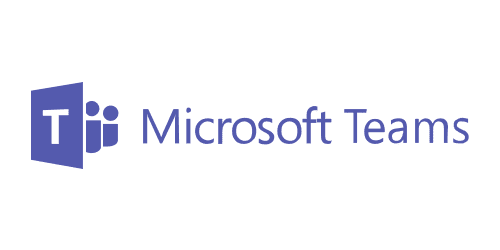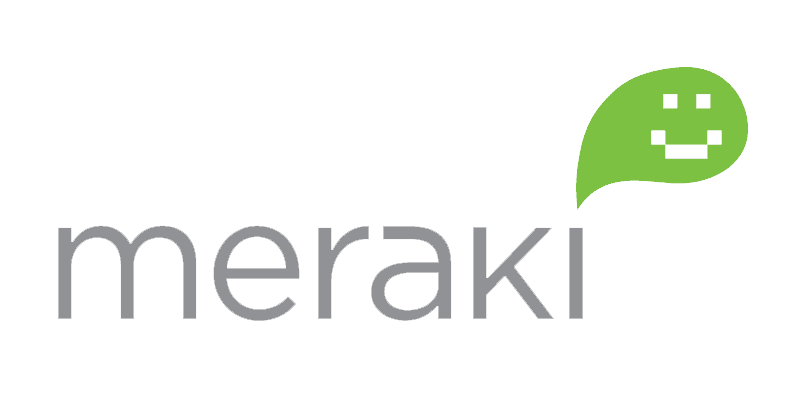No traditional phone call system in a business beats VoIP for efficiency and flexibility. However, it is not resistant to cyberattacks. We want to share with your some tips for securing your VoIP.
What kind of communication system are you using for your business?
Many modern-day businesses have switched to the Voice Over Internet Protocol. This technology allows employees to perform voice calls using only their internet connection.
It's often a wise choice considering that VoIP comes with several benefits:
- Lower operating costs.
- Greater convenience than traditional services.
- Increased accessibility.
- Higher scalability.
- The ability to multitask.
VoIP also has advanced features for teams of all sizes, is portable, and offers excellent voice quality.
Yet, VoIP systems also have limitations, which include cyberattacks.
The good news is that it's possible to protect a business's VoIP system from those attacks. And if you have already implemented VoIP telephony in your business, it's time to secure it.
All VoIP systems require a stable internet connection to function correctly. Unfortunately, their reliability on the internet makes them vulnerable to various security issues.
Some of the most frequent ones include:
SECURITY ISSUE #1. DENIAL OF SERVICE
Denial of Service (DoS) is a common threat designed to shut down a machine or network and render it inaccessible.
When this happens, VoIP users may lose access to their information systems and devices; experience lower call quality, uptime, and latency.
SECURITY ISSUE #2. WAR DIALLING
War dialing is an attack that controls the company's private branch exchange (PBX) and scans for other phone networks. Hackers can dial numbers and connect to modems and other extensions.
SECURITY ISSUE #3. TOLL FRAUD
Toll fraud is a threat that consists of making calls to outside lines from a company's existing system.
For instance, malicious actors will dial expensive international numbers to raise toll charges for your business.
SECURITY ISSUE #4. PHISHING
A common threat wherein attackers send deceitful messages to trick targets into revealing sensitive information. Often, the susceptible victims would disclose information about passwords, banking information, internal networks, and similar.
SECURITY ISSUE #5. MALWARE
It's a threat where attackers install malicious software via email or phone. A code gets delivered over a network and aims to infect, steal, or explore the information contained within a system.
Once the system is infected, VoIP hackers can enter your network and access critical business information.
SECURITY ISSUE #6. CALL INTERCEPTION
The call interception attacker uses unsecured networks to intercept the Session Initiation Protocol (SIP) traffic to start, maintain, and remove real-time voice and video sessions.
For instance, a hacker can redirect a victim's call to another line.

6 TIPS FOR BOOSTING VOIP SECURITY
Considering the threats mentioned above, optimizing your VoIP security is a must.
Here are six tips on how to get started.
TIP #1. SET UP A FIREWALL
Secure firewalls are necessary for all VoIP systems. It's essential to scan information that goes in and out of the system and ensure security.
If spam or a threat comes your way, the firewall will identify and gain control over it, shielding your system from the attack.
A good firewall will allow the legitimate data packets to travel unhindered.
TIP #2. USE STRONG PASSWORDs
Your VoIP system needs to be protected with strong passwords like any other service.
Require at least 12 characters, including numbers, upper- and lower-case letters, and special symbols.
It's critical to set a password as soon as you configure your VoIP system.
Please remember that some VoIP phones have default passwords, often available publicly. That's why you should change yours ASAP.
Rotate your passwords regularly without waiting for them to appear on the dark web.
TIP #3. RESTRICT CALLING
Many VoIP attacks happen due to toll fraud. So, if your business runs locally, there's no need to enable the international call option. This allows you to be on the safe side and avoid paying expensive bills.
Block 1900 numbers to avoid a toll scam.
TIP #4. ENCOURAGE YOUR TEAM TO REPORT SUSPICIOUS BEHAVIOUR
Numerous cybersecurity attacks happen due to careless conduct. Educate your team on how they can best do their job without affecting the system's security.
They should know how to spot unusual network activity, handle passwords, and report suspicious behavior. Have them report phantom calls and missing voicemails whenever received. Don't store voicemail for too long.
Cybersecurity training during onboarding is not enough. Conduct periodical staff training to keep your telephony system safe at all times.
TIP #5. DEACTIVATE WEB INTERFACE USE
It may not always be feasible, but seek to deactivate the web interface used for your VoIP system.
HTTP interface opens an area of weakness to attackers. It's sufficient for a single user to get compromised to expose the company to an attacker. All your data can be stolen in text format as a result.
Secure your web interface as rigorously as possible.
TIP #6. USE A VPN FOR REMOTE EMPLOYEES
Virtual Private Networks (VPNs) are a great technology that encrypts traffic regardless of your employee's location.
You can set up such a network for your work-from-home staff to prevent data breaches. VPN will not degrade the call quality.
RE/GAINING CONTROL OVER YOUR VOIP SECURITY
VoIP systems are a fantastic alternative to landlines. After all, they offer many more features and flexibility at a lower cost. However, their reliability on the internet also makes them susceptible to cyberattacks.
If you have just set up a VoIP system for your company or are thinking of starting one, securing it should be your number one priority. Don't risk falling victim to toll fraud, malware, phishing, and other attacks. Take some time to secure your business by following the above tips.
And if you need more help to implement these changes or would like to discuss implementing a VoIP system for your company, reach out to us to set up a short discovery call.







